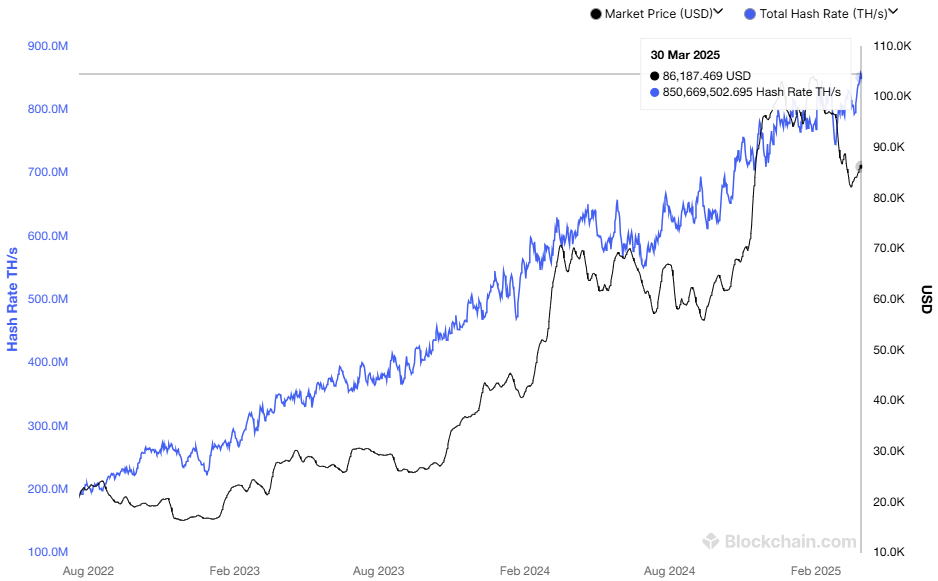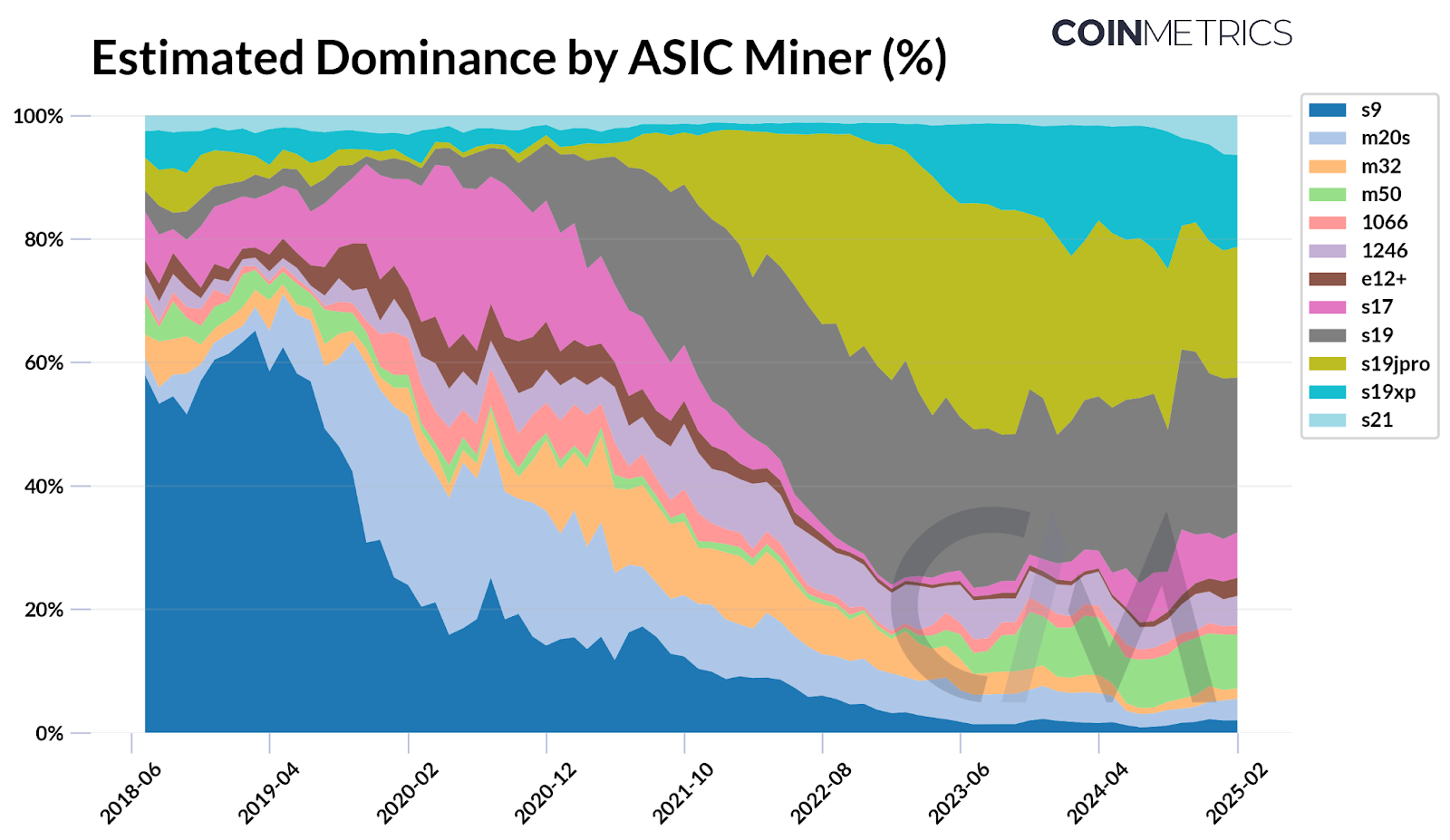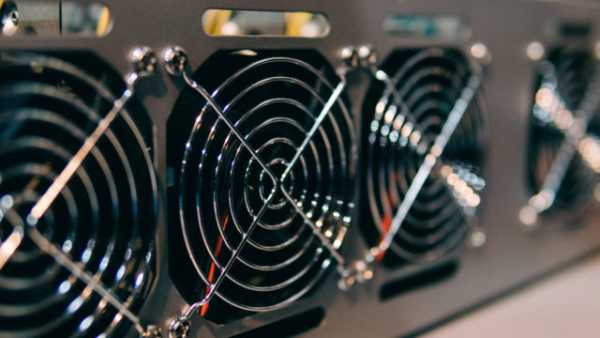Bitcoin Hashrate Reaches New High, But Will Costs and Tariffs Stop It?

The Bitcoin mining industry is becoming increasingly competitive as the network hashrate reaches record levels. At the end of March 2025, Bitcoin's hashrate reached 850 million TH/s.
However, alongside this impressive growth, the sector faces rising production costs and new tariff barriers, particularly in the US. These circumstances are having a significant impact on mining companies and could change the future of the industry.
Hashrate has skyrocketed, mining costs have increased
Bitcoin's hashrate measures the total computing power that miners use to secure the network and verify transactions. It is expressed in terahashes per second (TH/s), which is the number of hash calculations the network performs every second.
According to Blockchain.com, Bitcoin's hashrate surpassed 850 million TH/s in March. The increase reflects an increase in the number of miners joining the network and growing confidence in the value and security of Bitcoin.
 Bitcoin Hashrate. Source: Blockchain.com
Bitcoin Hashrate. Source: Blockchain.com
“With each strengthening of the Bitcoin network, it becomes harder to attack, harder to ignore, and more justifiable to demand a higher valuation. It’s not just code. It’s economic gravity. Bitcoin has become the most secure monetary network humanity has ever seen. And it’s only getting stronger,” said Thomas Jiggers, CFO and COO of Relai.
Despite this growth in hashrate, mining revenues have not increased accordingly. According to a report from Macromicro, the cost of mining one Bitcoin has doubled since the beginning of 2024 and is now $87,000. The main factors behind this increase are rising electricity prices and the high operating costs of specialized mining hardware (ASICs).
Due to fluctuating Bitcoin prices, many mining companies risk operating at a loss unless they optimize their efficiency. This problem is especially acute for smaller miners who do not have the scale advantages or access to cheap electricity that larger companies have.
Tariff issues and dependence on Chinese equipment
Another major obstacle for Bitcoin miners is trade restrictions, especially in the U.S. As CoinMetrics reports, ASIC miners made by the Chinese company Bitmain account for about 59%–76% of the total Bitcoin hashrate.
 Estimated ASIC Miner Dominance. Source: CoinMetrics.
Estimated ASIC Miner Dominance. Source: CoinMetrics.
Bitmain has long been a leading player in the mining hardware market, with popular models like the Antminer S19 and S21 known for their high efficiency. However, in early 2025, some US mining companies experienced delays in shipments from Bitmain due to stricter customs controls and new tariffs on Chinese imports.
“Because Bitmain accounts for a significant share of the Bitcoin network’s hashrate, reliance on a single manufacturer despite distributed supply chains poses a potential risk. Since Bitmain is primarily based in China, its dominance highlights how geopolitical dependencies can impact the stability of mining operations,” CoinMetrics reports.
These tariffs are not new. Since 2018, the US has imposed duties of up to 27.6% on imported mining equipment from China, according to SCMP.
However, recent measures point to tighter regulatory scrutiny and trade pressures that are further increasing the cost of importing mining equipment. This increases operating costs for U.S. miners and disrupts supply chains, limiting their ability to expand as global hashrate grows.
Most recently, Bitcoin mining and high-performance computing infrastructure company Hut 8 Corp. teamed up with Eric Trump and Donald Trump Jr. to create American Bitcoin Corp.
The company aims to become the largest and most efficient Bitcoin mining operation in the world while creating a significant strategic reserve of Bitcoin. The move highlights growing interest from U.S. institutional investors in the competitive mining industry.
Source: cryptonews.net



